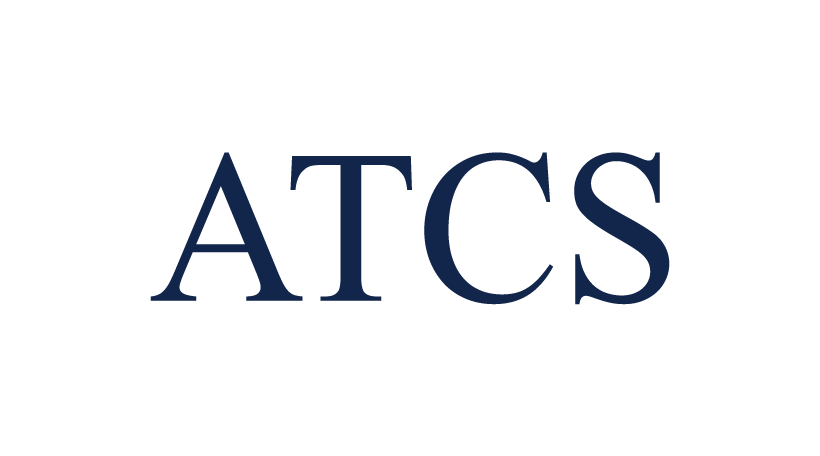Importance of Setting SMART Goals: A Goal Without a Plan is Just a Wish
Few stories are as widely read and as universally cherished by children and adults alike as The Little Prince (Le Petite Prince). It was written by Antoine de Saint-Exupéry in 1943. It captured the hearts of readers around the world, sold about 140 million copies and continues to sell over two million copies every year:
One of the lessons from this novella comes from the famous quote “A Goal Without a Plan is Just a Wish.” In the late 1960s, Locke and Latham’s pioneering research into goal setting and motivation gave us our modern understanding of goal setting. This month we would like to talk about setting goals.
An effective way to make goals more powerful is to use the mnemonic SMART. This acronym stands for Specific, Measurable, Achievable, Realistic, and Timely. Therefore, a SMART goal incorporates all these criteria to help focus your efforts and increase the chances of achieving your goal. Let us briefly focus on each component:
Specific: Answers the who, what, where and when of the goal. Compiling all these details allows you to see what is really required to achieve your goals. One of the questions to ask includes: What is the end result? For the civil engineering students for example, the end result seems quite clear: to conquer the FE exam while students are in school and passing the PE exam within five years after graduation while working under the supervision of a licensed professional engineer.
Measurable: In setting measurements, you are creating milestones within your SMART goal to track progress. For example, before you attempt to analyze and design a complex indeterminate structure, first you have to fully understand the analysis and design of simple determinate structures. Here, the questions to ask are: How will you determine success? What numbers can you track along the way? How will you know when you have achieved your goal?
Achievable/Attainable: Always consider if your goal is realistic or just a dream. A good goal will make you stretch, but it should not be out of reach. If the thought of trying to lose forty pounds is overwhelming, start with a goal of losing five or ten. Some important questions: Do you believe you can do this? Is this goal really achievable? For our civil engineering students, passing the FE and PE exams is quite possible and many students accomplished that goal on their first attempts.
Relevant/Realistic: Consider whether this is worth your time. This helps you determine which path to focus on and where to spend your time. Some methods interpret the “R” as realistic: Is this goal worth your time and effort? Is it a win-win goal? Is it a priority? For our civil engineering students, the answer is absolutely yes. Conquering the FE and PE exams builds your confidence, makes you feel proud of yourself, and is relevant to career prospects.
Timely/Time-bound: Every goal must have a timeline and a deadline. Items with deadlines take priority. Items without deadlines get lost in the shuffle. What is the target date or due date? Are there milestones along the way with their own due dates? Do you need weekly, monthly, or quarterly goals to be achieved?
All successful people in all fields set goals. Setting goals give students long-term vision and short-term motivation. It helps them to organize their time and their resources so that they can make the most of their life. Goal setting is fundamental to long-term success as well. After all, it’s difficult to get to a desired destination before you have clearly defined where that destination is. Goals help students to focus upon the journey to a collection set of achievements, meaning they allocate their resources and time more efficiently and can access motivation during times when they may feel like giving up.
Writing your Goals is Important: Writing a specific goal into a calendar or journal gives engineering students something to work and plan toward. When written down, these goals form an external representation of inner desires to pass the exams. Written goals are a constant reminder of what a student wants to accomplish. Goal setting even fuels ambition and confidence by encouraging determination through difficult periods and offering a sense of pride when success finally arrives.
Setting Goals Break Down Mountains: Most young adults have big dreams that can seem impossible to accomplish at first. It is easy for students to feel discouraged when they are staring at a future that seems too large to achieve. However, proper goal setting can break those larger, more intimidating aspirations down into achievable stepping stones. Not only does planning toward smaller goals make it easier to formulate a plan of how one achievement can lead to another, but research suggests that achieving smaller milestones offers greater levels of motivation.
Setting a Goal Obligates to Take an Action: Setting a goal obligates an individual to take action, regardless of the obstacles that may be in place. As such, it can encourage students to develop critical thinking skills, new problem-solving techniques, and a better understanding of how to overcome challenges. The accountability of goal setting encourages students to look back over their previous successes and failures, evaluating areas they need to improve. As such, it pushes them to tackle challenges head on and work on their weaknesses in order to produce better chances of overall success. It can also help engineering students to realize techniques that may not be working for them so they can seek out alternative routes to achievement.
Goals Make Students Want to Be Better: There are numerous experimental and correlational studies showing that setting goals increases success rates in almost every setting, including education. Part of the reason for this is that setting goals pushes young adults to articulate the things they want out of life, so they live more consciously. Without goals, students subject themselves to a default or natural set of actions that are there to keep them feeling safe and comfortable, without offering any opportunity for growth. With goals, students can discover more about themselves and work towards becoming the best versions of themselves. In other words, goals allow engineering students to tap into their inner potential by giving them targets to strive toward.
Goals Prepare Students for Professional Life: Through goal setting, students discover a level of respect for the dedication and determination required to achieve further important goals in life. Not only is goal setting important for helping students get more out of their academic experiences, but it also means that they will continue to use the same skills in the future to apply for a high-paying job or achieve a new promotion. Furthermore, setting goals gives engineering students an important tool to measure their progress through life by using their leadership skills, critical thinking, and determination.
We would like to thank the Army and Navy Academy for the permission to use some of their resources: (https://armyandnavyacademy.org).
Until next time,
Ahmet Zeytinci (Dr.Z.)
This email address is being protected from spambots. You need JavaScript enabled to view it.








